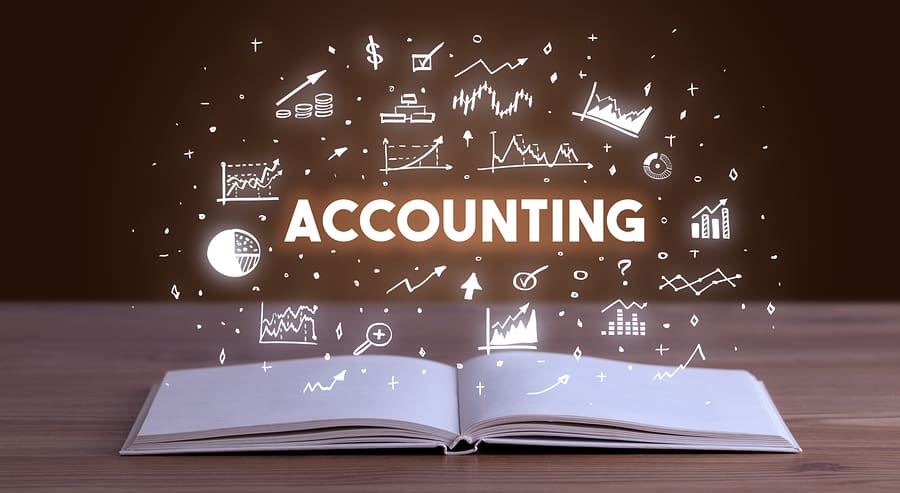Section 122:- Penalty for such Section 122 of CGST Act 2017:
Penalty for Certain Offences (CHAPTER XIX – OFFENCES AND PENALTIES)
(1) Where a taxable person who–
(i) supplies any goods or services or both without issue of any invoice or issues an incorrect or false invoice with regard to any such supply;
(ii) issues any invoice or bill without supply of goods or services or both in violation of the provisions of this Act or the rules made thereunder; ……. …….. ……. …… ……….
(vii) takes or utilises input tax credit without actual receipt of goods or services or both either fully or partially, in contravention of the provisions of this Act or the rules made thereunder;
(ix) takes or distributes input tax credit in contravention of section 20, or the rules made thereunder;
1A) Any person who retains the benefit of a transaction covered under clauses (i), (ii), (vii) or clause (ix) of sub-section (1) and at whose instance such transaction is conducted, shall be liable to a penalty of an amount equivalent to the tax evaded or input tax credit availed of or passed on.
Section 132 Punishment for Certain Offences (CHAPTER XIX – OFFENCES AND PENALTIES)
Whoever commits, or causes to commit and retain the benefits arising out of, any of the following offences, namely:-
(a) ……………… ………………. …………..
(b) issues any invoice or bill without supply of goods or services or both in violation of the provisions of this Act, or the rules made thereunder leading to wrongful availment or utilisation of input tax credit or refund of tax;
(c) avails input tax credit using the invoice or bill referred to in clause (b) or fraudulently avails input tax credit without any invoice or bill; shall be punishable–
(i) in cases where the amount of tax evaded or the amount of input tax credit wrongly availed or utilised or the amount of refund wrongly taken exceeds five hundred lakh rupees, with imprisonment for a term which may extend to five years and with fine;
(5) The offences specified in clause (a) or clause (b) or clause (c) or clause (d) of sub-section (1) and punishable under clause (i) of that sub-section shall be cognizable and non-bailable
Section 69 of CGST Act 2017: Power to Arrest (CHAPTER XIV INSPECTION, SEARCH, SEIZURE AND ARREST)
(1) Where the Commissioner has reasons to believe that a person has committed any offence specified in clause (a) or clause (b) or clause (c) or clause (d) of sub-section (1) of section 132 which is punishable under clause (i) or (ii) of sub-section (1), or sub-section (2) of the said section, he may, by order, authorise any officer of central tax to arrest such person.
Section 271AAD in the Income Tax Act –
-Penalty for false entry or ommission, including fake purchase/sale invoice in books of account equal to value of that transaction which is capable of altering (or evading) his tax liability.
-The penalty amount shall be equivalent to the aggregate amount of all such false entries or omitted entries. Furthermore, it is provided that any other person who causes the defrauding person to make such incorrect entries or omission will also be punishable with the same amount of penalty.
-Thus, penalty on the entity issuing and receiving fake invoice as well as other person like accountant, CA, broker, etc. who found to be assisting the said entity would also be liable for penalty of value of said transaction
Section 114AC of the Customs Act, 1962
“Where any person has obtained any invoice by fraud, collusion, willful misstatement or suppression of facts to utilize input tax credit on the basis of such invoice for discharging any duty or tax on goods that are entered for exportation under a claim of refund of such duty or tax, such person shall be liable for a penalty not exceeding five times the refund claimed.”
SAFEGUARD MEASURES BY ASSESSEE
-Books of Accounts u/s 35(1) r.w. rules 56,57,58 should be properly maintained.
-all the recipients are summoned, and original supplier has admitted that the supply of goods has not taken place, ITC should be reversed accordingly.
-Non co-operation or apprehension of tampering with evidence could lead to arrest.
-Copies of documents seized – Assessee has the right to get copy & restrictions (67(5)).
-Return of un-relied upon documents within 30 days of issue of Notice (67(3)).
-Presence of Advocate During Investigation:- The advocate of the person summoned is allowed to be present within visible distance, but beyond hearing range. (Vijay Sanjani v UOI, reported as 2017 (345) E.L.T. 323 (S.C.). & Sangit Agarwal v The Director General, Directorate of Revenue Intelligence, reported as 2017 (356) ELT 518 (Delhi.) (HC)
CONCLUSION:- Hence, it can be concluded that both Supplier & Receiver of Fake invoices are liable to 100% penalty of ITC availed u/s Sec.122(1). Furthermore, Not only issuer or receiver of fake invoice but even brokers as well as practitioners who facilitated in such transactions are also liable for penalty of 100% of GST amount [Sec. 122(1A)] and prosecution as well as arrest as per Sec. 132 & Sec. 69.






